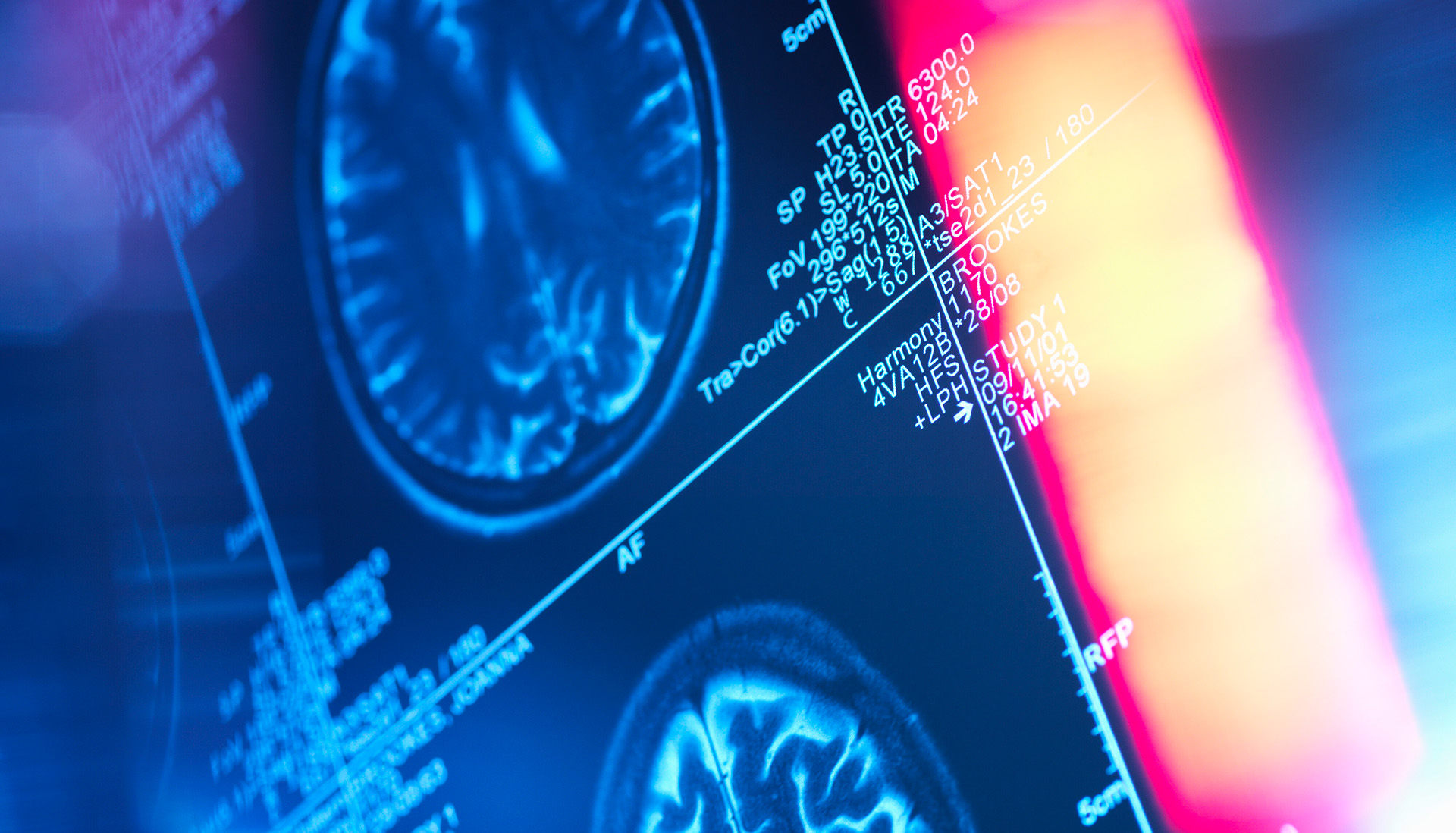AI is revolutionizing how the health industry operates. Pharmaceutical companies have been using AI to assist with drug development and discovery, helping to reduce costs at all stages of development. Machine learning enabled medical devices are changing how physicians analyze digital imaging and engage in disease surveillance, increasing overall accuracy and detection rates and aiding diagnosis. In addition, AI can help reduce the administrative burden for hospitals, physicians and other health professionals, including in areas such as clinical documentation, patient communication, virtual care, clinical decision support, research and development, freeing up time for patient care. This is particularly crucial given the current shortage of health human resources across Canada. Health industry organizations must understand the impact of generative and traditional AI and the changing regulatory landscape before implementing these tools in their work streams.
There are many considerations for the health industry when looking at the design, adoption and implementation of potential AI solutions. The health industry is highly regulated, with federal, provincial, professional and industry regulators having specific requirements. However, there are significant privacy and security risks related to the collection, use and disclosure of patient data, and the need to comply with applicable federal and provincial privacy legislation, including health privacy laws. For example, open-source AI tools may retain user input data for training. This information may enter the public domain and it may not be possible to remove this data once it has been disclosed.
There are also legal questions about the ownership of data (patient data and derivative data) and intellectual property, when informed consent is required, and how organizations obtain such consent. Furthermore, although AI technologies are increasingly more reliable, one of the risks of generative AI technology is accuracy and the potential for incorrect or even fabricated responses (sometimes called “hallucinations”), with the potential for liability if things go wrong. AI may also be used for malicious activities, such as the impersonation of real individuals (deepfakes), phishing attacks, and other forms of cybercrime. In the health industry, where organizations are dealing with sensitive personal health information, there must be comprehensive systems in place to protect patients’ data from malicious activities. Additionally, organizations need to be aware of ethical concerns and biases that may exist within an AI system’s algorithms and training data and ensure that these embedded biases are not perpetrated into the AI outputs.
AI is increasingly used in Canada for both clinical and non-clinical applications and as with most other industries, it will disrupt the health industry. Governments, legislators, regulators and associations are grappling with how to address these evolving risks. The World Health Organization recently released considerations for the regulation of artificial intelligence for health. We can expect more regulatory frameworks to emerge.
To prepare for the implementation of AI, there are proactive steps that the health industry can take to mitigate risk. Multidisciplinary teams established to identify and manage risks associated with generative AI are a fundamental part of such an endeavour. Education of stakeholders, including boards of directors, employees and contractors, respecting their responsibilities for the safe use of AI is crucial. Organizations may also wish to consider establishing AI guidelines that include key principles, such as those suggested in Canada’s Voluntary Code of Conduct on the Responsible Development and Management of Advanced Generative AI Systems, as well as updating their policies to reflect the issues that arise with AI use. Conducting privacy impact and security assessments, and maintaining human oversight and monitoring of AI systems are also essential aspects of a successful transition.
As AI continues to be adopted by organizations at all levels of the health industry, it is important to consult a qualified legal advisor to ensure compliance with all applicable legislation, regulations, policies and frameworks as they continue to evolve.
If you have any questions about how AI is transforming the health industry, please reach out to a member of Miller Thomson’s Health group.



